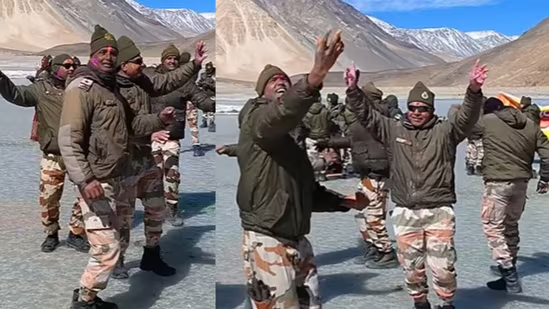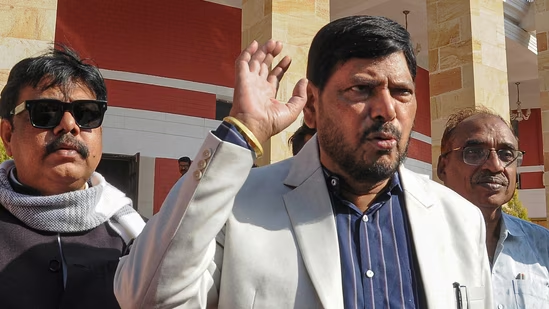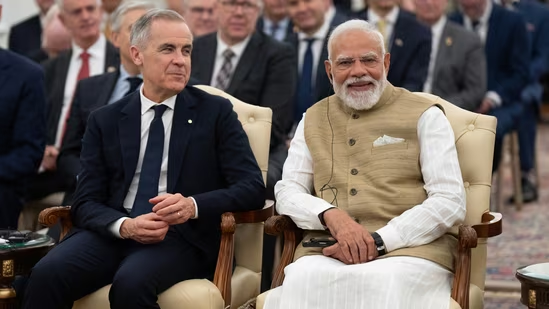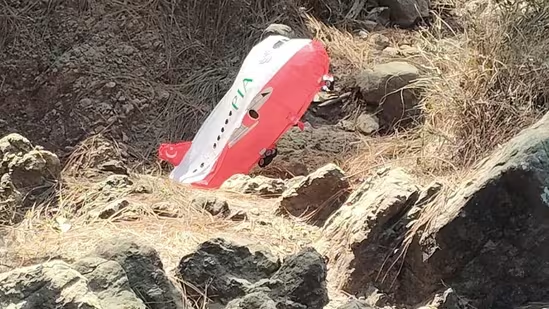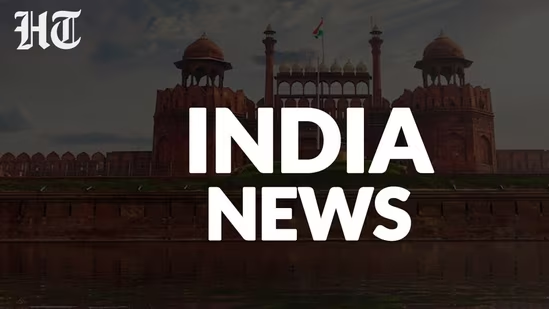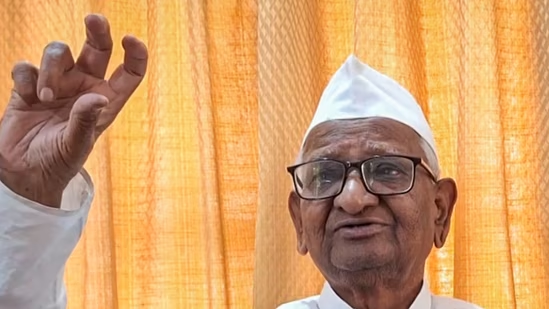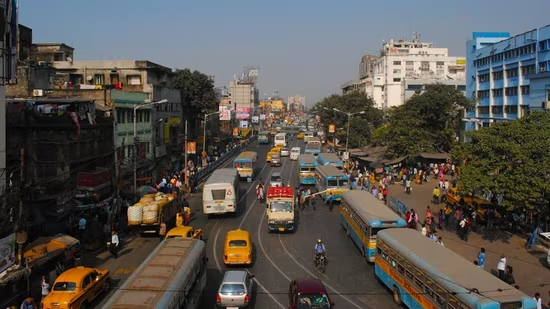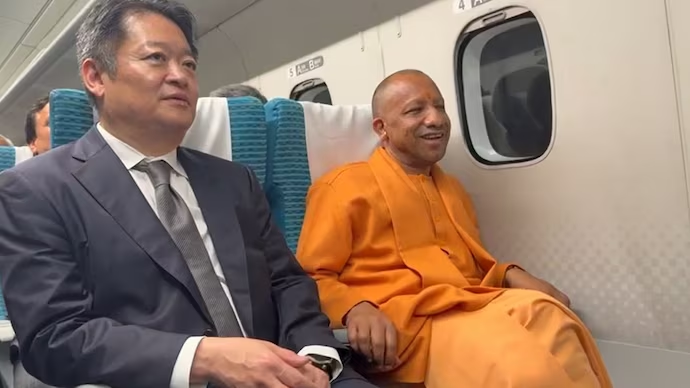Iranian President Ebrahim Raisi died in a helicopter crash on a gloomy Sunday, leaving the country in a state of uncertainty. While Raisi was on a mission in the province of East Azerbaijan, the unfortunate occurrence took place in the northern Iranian mountains, alongside Foreign Minister Hossein Amir-Abdollahian and other senior officials. The disaster, which was confirmed by Iranian official media, was made worse by thick fog, which caused rescue efforts to be delayed for hours and required the use of European Union satellites to help find the debris.
With Raisi’s passing, a brief but profoundly influential chapter in Iranian politics comes to an end. Raisi has led Iran on a markedly conservative path since assuming office almost three years ago, solidifying Iran’s hostile posture towards the United States and having a major impact on the Middle East’s geopolitical environment. Increased uranium enrichment activity and a significant retreat from Joint Comprehensive Plan of Action (JCPOA) negotiations after the United States withdrew from the pact in 2018 were the hallmarks of his tenure.
Raisi, a close supporter of Ayatollah Ali Khamenei, the Supreme Leader, was thought to have a good chance of succeeding the ailing leader in the future. Iran increased its military and political might in the area when Raisi was president, in addition to hastening its nuclear aspirations. His hardline foreign policy position was highlighted by the country’s backing for Russia in its confrontation with Ukraine, which included the provision of artillery and Shahed drones, as well as its heightened aggressiveness towards Israel and the US.
The consequences of Raisi’s passing go beyond Iranian boundaries. Analysts predict that, regardless of the next president, the strategic course he laid out will probably be followed. Senior scholar at the Foundation for Defence of Democracies, Behnam Ben Taleblu, observed that the Iranian leadership is unwavering in its use of regional strategies, such as using proxy wars to oppose Israeli and American interests.
First Vice President Mohammad Mokhber is scheduled to take over as acting head of the government for a maximum of 50 days until fresh elections can be scheduled, in compliance with the Iranian Constitution. But there is a great deal of strain in the political environment. Voter turnout in recent parliamentary elections was historically low, and Khamenei and his allies made major attempts to discredit rival candidates in the 2021 presidential race that brought Raisi to power.
Raisi’s ascent to prominence was predicated on a contentious and brutal past. He was a member of the prosecution committee that oversaw the mass execution of about 5,000 political dissidents in 1988, before he became president. The U.S. Treasury Department imposed sanctions and accused him of crimes against humanity as a result of his involvement in these events. Throughout his administration, his strict policies remained in place, as demonstrated by the violently suppressed protests that followed Mahsa Amini’s death in police custody in 2022.
There is currently greater uncertainty than ever regarding Iran’s leadership future. There can be a great deal of turmoil with the passing of Raisi, a prominent member of the conservative group. The ageing of Ayatollah Khamenei and the lack of a clear successor have sparked rumours of possible power conflicts within the Iranian regime’s senior ranks. Professor David Des Roches of the National Defence University emphasised that the Islamic Revolutionary Guard Corps (IRGC) might take advantage of this opportunity to further solidify its hold on power, which could lead to a de facto coup.
The state media asked for national prayers while rescue crews searched the crash site, but the public’s reaction was divided. There have been rumours that some Iranians, in sharp contrast to the official sorrow, are celebrating the news and setting off fireworks. The extreme disparities in Iranian society and the controversial character of Raisi’s leadership are reflected in this paradox.
Iran’s current political climate is likely to be turbulent. Professor at the Naval Postgraduate School, Afshon Ostovar, stressed that the accident will undoubtedly rock the government and that internal strife will probably be stoked by accusations of criminal involvement. There could be major political realignments as a result of ambitious factions trying to take advantage of this opportunity.
Experts advise against anticipating a sudden liberal shift in Iran’s political environment, despite the uncertainty. Deeply rooted are the philosophies and systems that Raisi upheld. However, his passing might give the long-simmering protest movements that have long been a part of Iran’s sociopolitical fabric a boost. Although these movements are mostly peripheral, Ben Taleblu of the Foundation for Defence of Democracies noted that they have the capacity to spark a broad revolution.
In conclusion, President Ebrahim Raisi’s passing is a turning point for Iran and suggests future changes to both internal and foreign policy. International observers will be keenly monitoring the aftermath of this catastrophe, which has significant ramifications for the Middle East’s future, as the country gets ready for early elections and struggles to fill the leadership hole.







